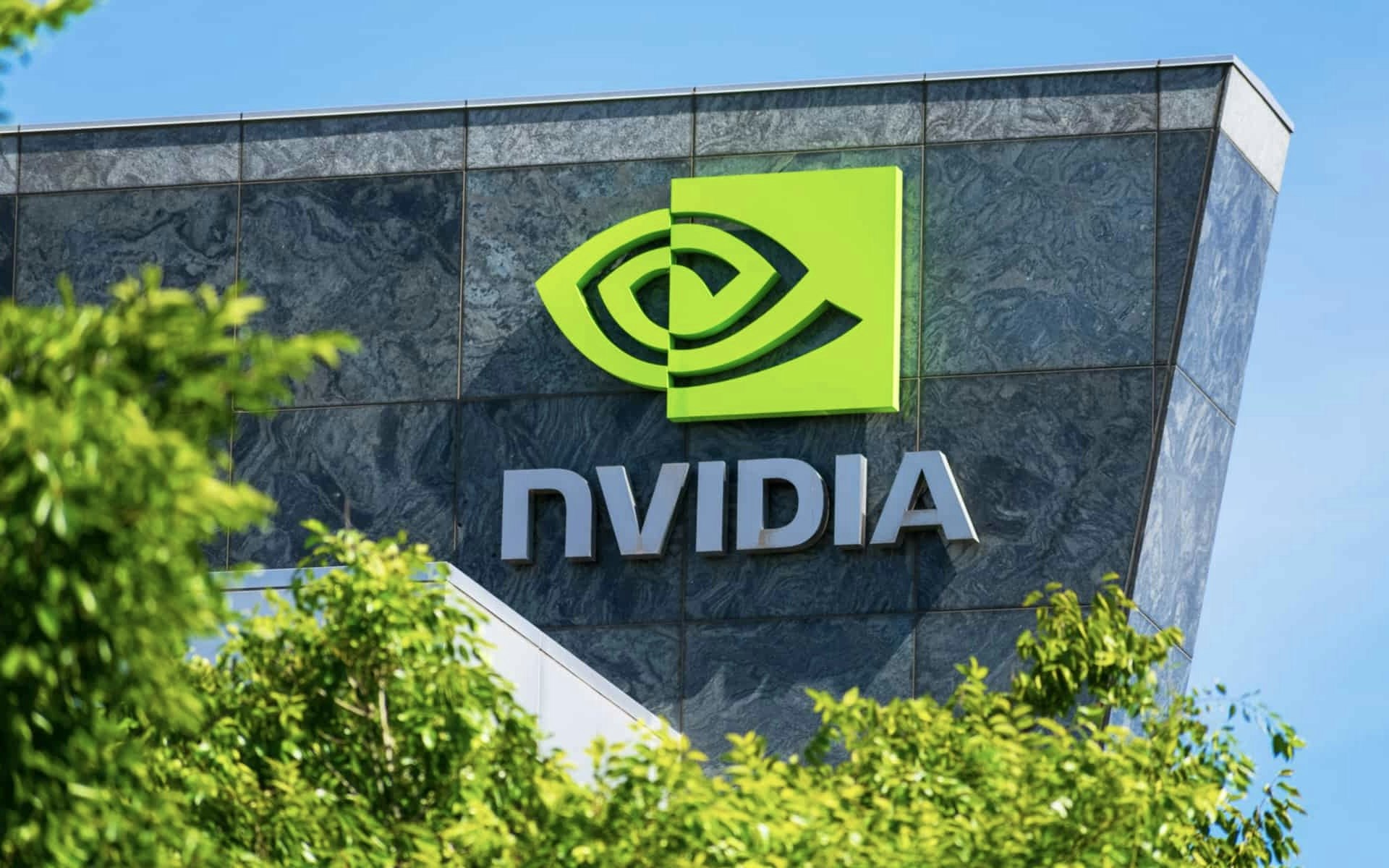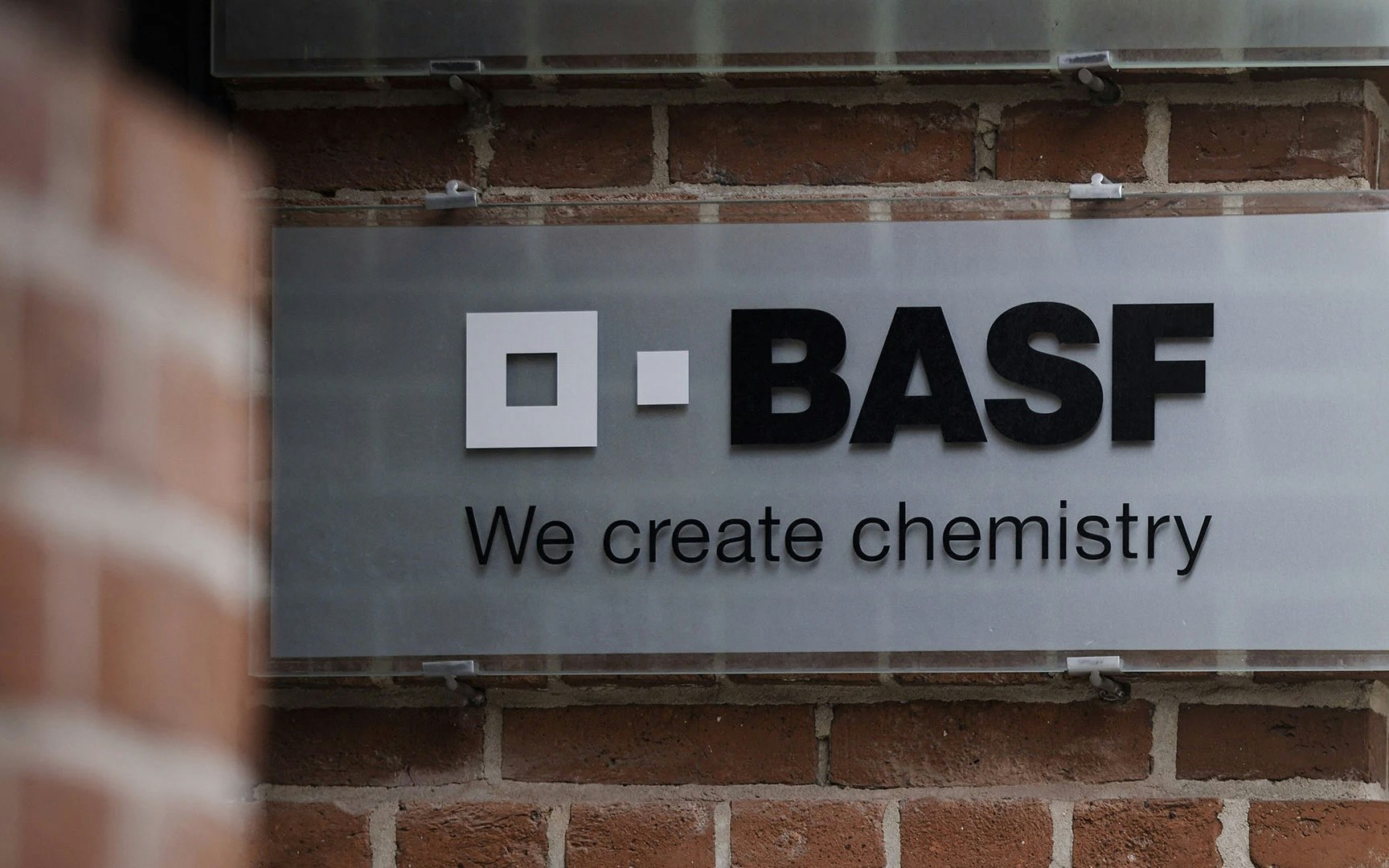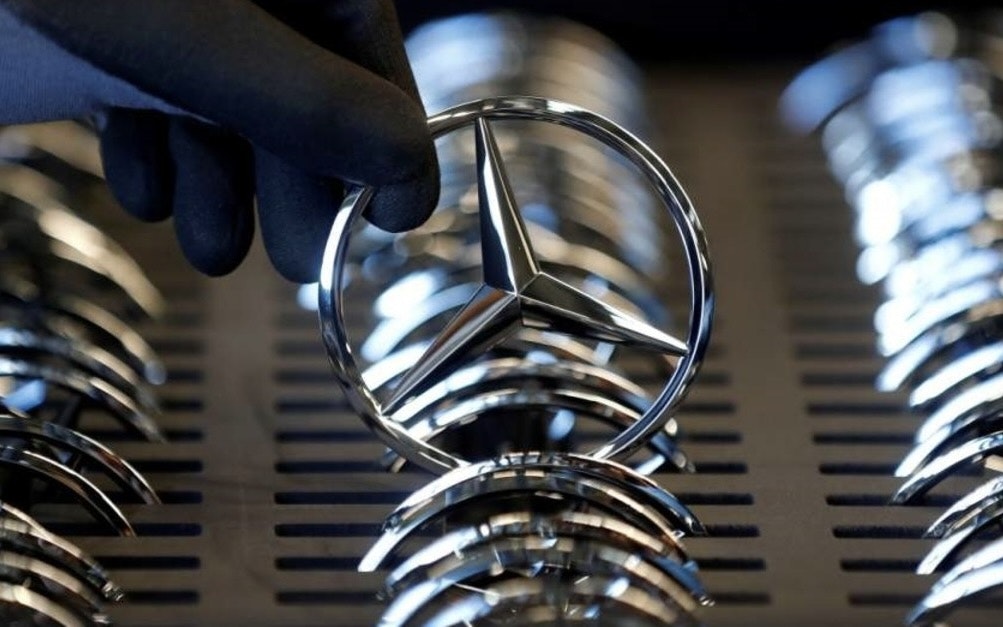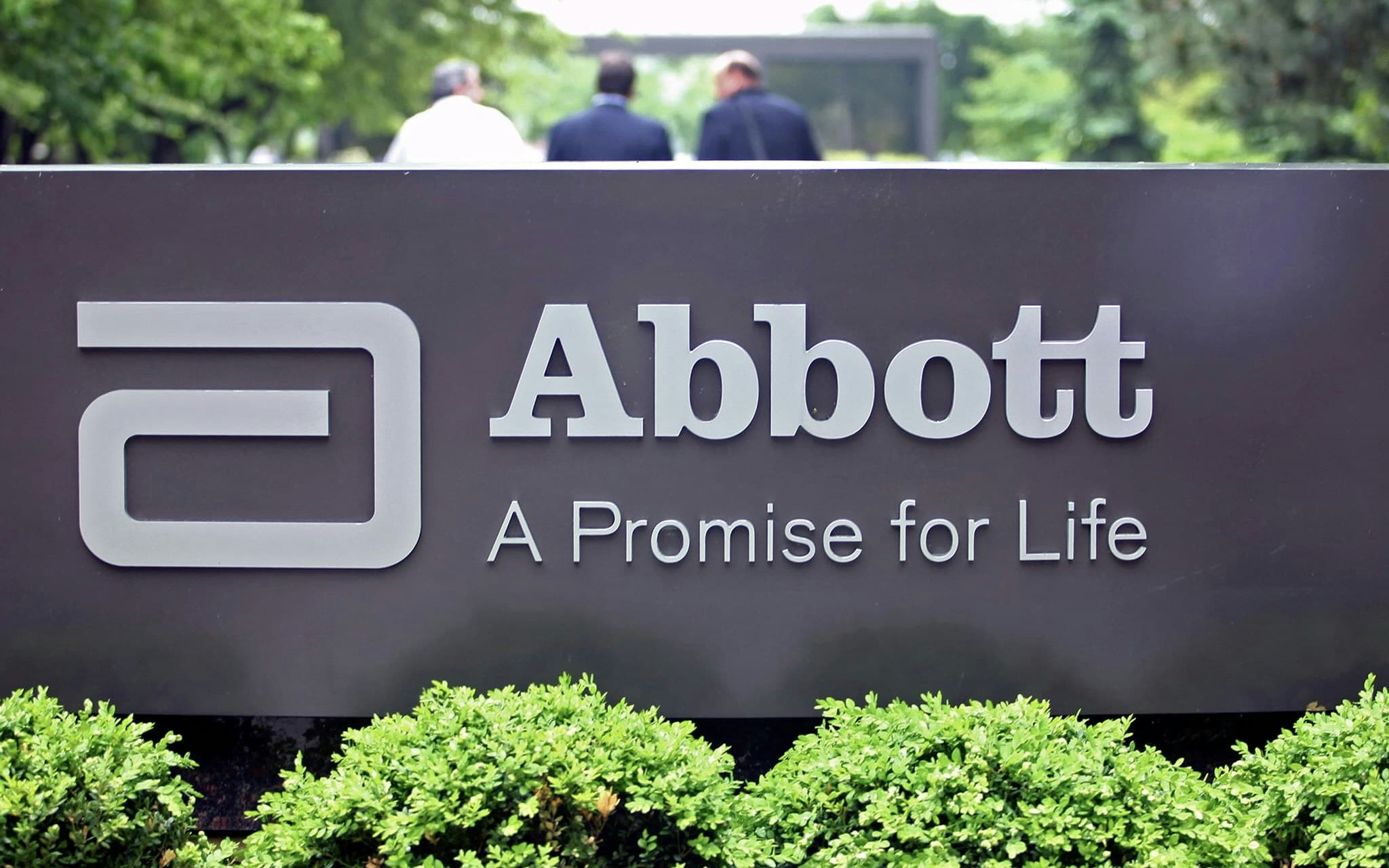AMD, Qualcomm, and Intel aim to attract customers in the chip industry with new products, but Nvidia's dominance is not currently threatened. Nevertheless, Jack Weast, the Auto Chief of Intel, recently presented the entire range of products at the CES tech trade show to convince partners and new customers of the company's technology.
Weast recognizes great opportunities in the integration of artificial intelligence in PCs, smart devices, and cars. Intel processors are expected to play an important role in this. At CES, a digital cockpit of a future car was presented, in which the Intel central computer monitors the battery status and car systems. The driver is supported by technologies from the subsidiary Mobileye during semi-autonomous driving and can communicate with Intel's AI assistant.
Meanwhile, the passenger can watch a movie and the children in the back seat can play video games. The AI revolution, which is unfolding in all economic sectors and is particularly important for the automotive industry in Germany, is based on the chip industry.
Nvidia dominates the global market for so-called GPUs, which are required for data-intensive AI applications. The company has already reached a value of $1.4 trillion on the stock market, and its rivals Intel, AMD, and Qualcomm face a challenge as Nvidia is often one step ahead. This will likely be reflected in 2024 as well.
The feeling of serenity is clearly noticeable in Danny Shapiro, the head of Nvidia's automotive division. In an interview with Handelsblatt at the stand of one of their main customers, Mercedes-Benz, he confidently states: "Our chips are present in the data centers of practically every car manufacturer." Whether a car company chooses Nvidia chips in their cars or not, there is no way around the company's specialized chips in the data centers.
The list of partners from the automotive industry collaborating with Nvidia is growing longer. Just this past autumn, the company entered into a partnership with Foxconn, with CEO Jensen Huang praising the newly unveiled Foxconn car in Taiwan.
In return, the Swabians have agreed to an unprecedented "revenue-sharing" model in the automotive industry: Nvidia will receive a share of the sales price of every Mercedes vehicle with the new chip generation. In comparison, Intel could only introduce a prominent name as a partner for its offering in the automotive sector at CES: the Chinese automaker Zeekr, who wants to transform its cars into "mobile living rooms".
The company is attempting to differentiate itself from Nvidia by enabling custom solutions for car manufacturers and supporting open standards, explains Weast. At the same time, Intel is technically catching up to Nvidia, as Weast admits himself: "We are starting to catch up."
Some of the latest benchmarks show that we are already surpassing Nvidia's products, for example with the AI chip Gaudi. As a company, we have some catching up to do, but I believe we will achieve it." However, Intel has a problem: the third generation of the Gaudi chip was already introduced by CEO Pat Gelsinger in December, but it is not yet available on the market.
In response to demand, Gelsinger becomes defensive in speech at CES, assures that the Gaudi3 will be released this year and is currently in the testing phase. In contrast, Nvidia has already invited for the presentation of the next chip generation in March.
The Gaudi 3 could therefore be outdated when it finally hits the market. AMD CEO Lisa Su also attempted to position her company as an alternative to Nvidia at CES. Without mentioning the rival's name, she proudly declared that the new chip is "the most powerful accelerator in the world for generative AI."
However, the real challenge lies in convincing customers. Nvidia has provided the dominant software for AI projects with Cuda, which is tailored to the company's chips. Therefore, AMD not only needs to build good chips, but also persuade developers to switch to a different system. Meanwhile, Qualcomm CEO Cristiano Amon tried to score points against Nvidia with a different argument: battery life.
In contrast to Nvidia, Qualcomm has tailored its chips from the start to smartphones and therefore made them particularly energy-efficient. Amon sees this as an opportunity and is convinced that in the future, complex AI models will be operated directly on the end device, without a data center in the background. These advanced chips are particularly important for semi-autonomous driving.
At CES, Qualcomm and Bosch presented a central chip for the car of the future, which enables driving assistance and entertainment. Bosch Digital Chief Tanja Rückert considers this an important step into the future. On the other hand, Nvidia Manager Shapiro shrugged when asked about it. The chip combination presented by Qualcomm as news is supported by Nvidia "from day one".
Another use case is the integration of AI assistants, as demonstrated by BMW at the CES with the help of Amazon's Alexa technology. Volkswagen, on the other hand, relies on ChatGPT from Microsoft partner OpenAI. Both car manufacturers are aware that the dependence on a few chip giants is risky. Mercedes-Benz and its partnership with Nvidia are particularly in focus.
"We have a special relationship," proudly explained Mercedes Chief Technology Officer Markus Schäfer. Joint development teams in Stuttgart and Silicon Valley work closely together and elevate the partnership to another level, far beyond supplier and customer. However, Mercedes is also aware that Nvidia has other customers and therefore keeps other options open.
Company Announces Decision to Use Qualcomm for Infotainment in the Past Year. No Partnership is Permanently Sealed.
Even the competition critically evaluates the model of Mercedes-Benz. BMW stated that they cannot imagine a "revenue-sharing" model and are working with Qualcomm in a co-development relationship regarding advanced driver assistance systems. In contrast, they receive










